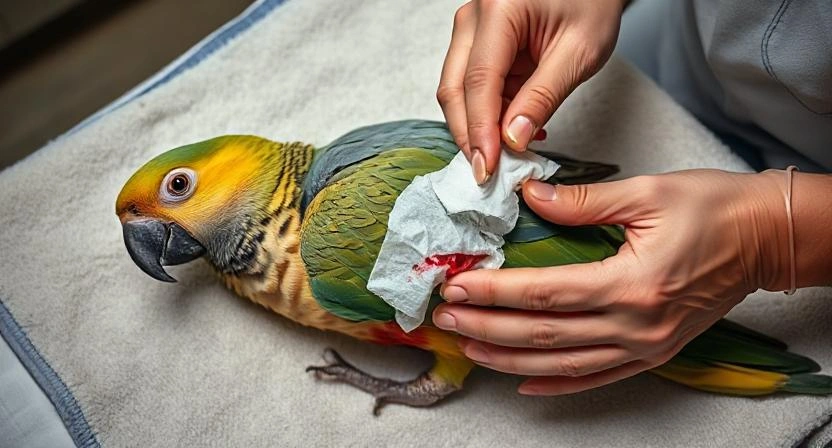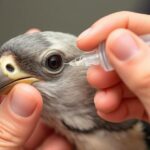Your Bird Depends on You: Be Ready to Act
If you’re reading this, you’re not just a bird owner—you’re a bird lover.
You cherish those tiny chirps, feathered cuddles, and the way your bird tilts its head when curious.
But what happens when your feathered friend is in trouble and every second counts?
Birds hide illness and injury well. By the time you notice something’s wrong, it’s often urgent. That’s why learning essential bird first aid isn’t optional—it’s a life-saving act of love.
This guide will give you confidence, clarity, and practical tools to help your bird when they need you most.
Recognizing the Signs: When Your Bird Needs Immediate Bird First Aid
Birds don’t whimper or cry like dogs or cats. Instead, they show distress through subtle behaviors.
Knowing the early signs can save your bird’s life.
- Labored or open-mouth breathing
- Bleeding (even a small amount can be serious)
- Sudden immobility or collapse
- Seizures or spasms
- Unusual vocalizations or silence
- Swollen or drooping wings
- Vomiting or regurgitation
- Blood in droppings or strange discoloration
If you notice any of these, don’t hesitate. Begin bird first aid while contacting an avian vet immediately.
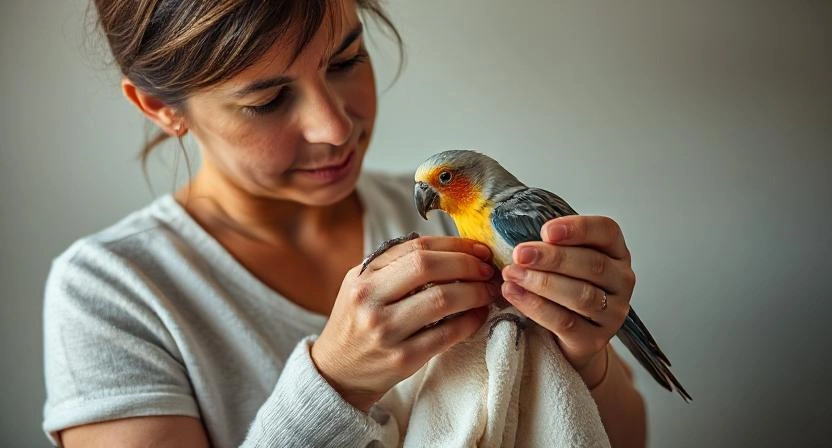
Give Your Feathered Friend a Stylish Getaway!
The MidWest Homes for Pets Avian Adventures Poquito Avian Hotel in Ruby is the perfect temporary home for your bird. Ideal for travel, short-term boarding, or even a sunny outdoor visit, this sturdy and safe cage offers easy, no-tool assembly and a bird-proof lock for peace of mind. Includes perches and food bowls.
Building Your Emergency Kit: Essential Supplies for Bird First Aid
Every bird parent needs a well-stocked bird first aid kit. Don’t wait for an emergency to realize you’re unprepared. What to include in your kit:
- Styptic powder – to stop bleeding from nails or minor wounds
- Vet wrap and gauze pads – for dressing injuries
- Antiseptic wipes – safe for avian use
- Tweezers and small scissors – for splinters or trimming
- Thermometer – cloacal thermometer preferred
- Towel or restraint wrap – to safely handle your bird
- Emergency contact card – avian vet’s number saved and written down
- Travel carrier – for safe transport
👉 Affiliate Tip: Be ready before disaster strikes—[check out this highly rated bird first aid kit here](Insert your affiliate link here).
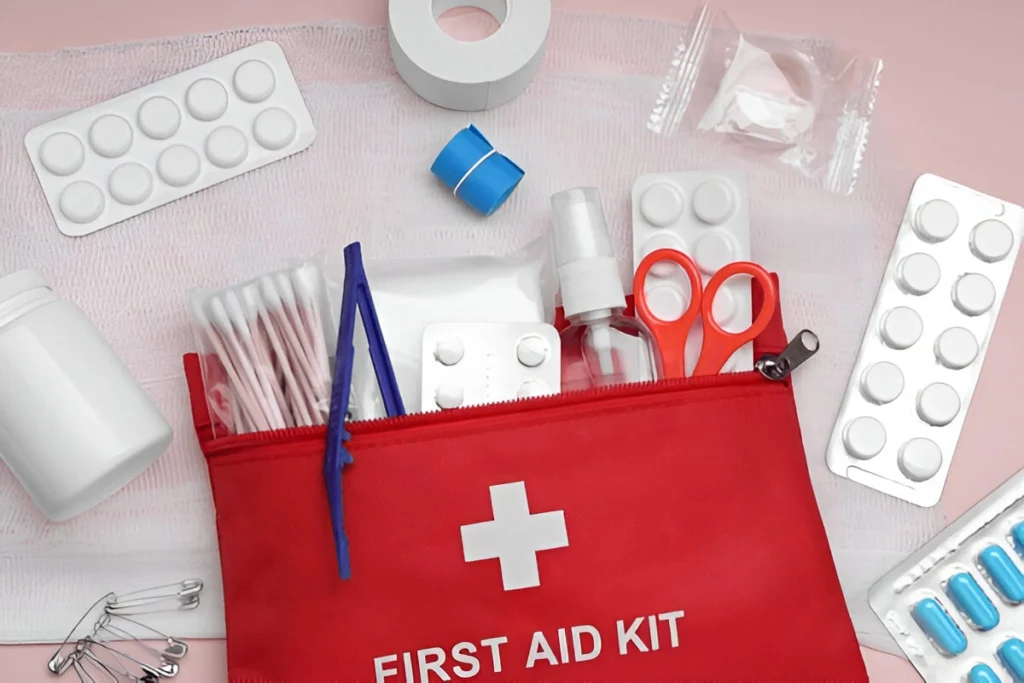
Give Your Feathered Friend a Stylish Getaway!
The MidWest Homes for Pets Avian Adventures Poquito Avian Hotel in Ruby is the perfect temporary home for your bird. Ideal for travel, short-term boarding, or even a sunny outdoor visit, this sturdy and safe cage offers easy, no-tool assembly and a bird-proof lock for peace of mind. Includes perches and food bowls.
Common Emergencies and How to Provide Bird First Aid
When crisis strikes, your quick and calm action matters. Here’s how to handle some of the most frequent avian emergencie
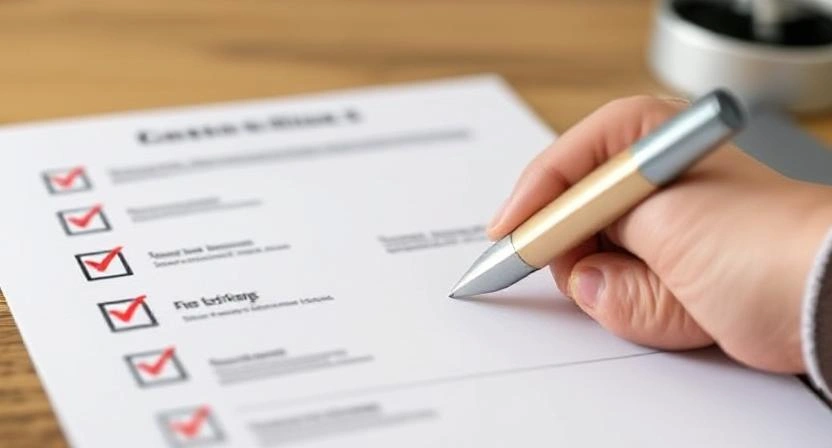
Give Your Feathered Friend a Stylish Getaway!
The MidWest Homes for Pets Avian Adventures Poquito Avian Hotel in Ruby is the perfect temporary home for your bird. Ideal for travel, short-term boarding, or even a sunny outdoor visit, this sturdy and safe cage offers easy, no-tool assembly and a bird-proof lock for peace of mind. Includes perches and food bowls.
Bleeding or Broken Blood Feathers
- Use styptic powder or cornstarch to stop minor bleeding.
- Apply gentle pressure with gauze. If bleeding is from a broken blood feather, carefully pull the feather using tweezers close to the base.
Seizures
- Place your bird in a dim, quiet space lined with soft towels.
- Do not restrain them. Keep them warm and contact your vet urgently.
Heatstroke
- Signs include open-mouth breathing and wings held away from the body.
- Move your bird to a cooler room, offer fresh water, and lightly mist with lukewarm water.
Toxin Exposure
- Identify the toxin if possible
- Remove the source
- Do not induce vomiting
- Call Poison Control or your avian vet ASAP
👉 Affiliate Tip: A digital thermometer is critical—[get one designed for small pets here](Insert your affiliate link here).
What Not to Do: Avoiding Mistakes in Bird First Aid
Even with the best intentions, it’s easy to make a mistake under pressure. Avoid these common errors:
- Never use human medications. Even small doses can be lethal.
- Don’t delay professional care. First aid stabilizes—it doesn’t cure.
- Avoid rough handling. Birds have fragile bones and air sacs; restrain gently using a towel or proper aid.
- Don’t feed a distressed or unconscious bird. It can lead to choking or aspiration.
Frequently Asked Questions (FAQs)
Can I use hydrogen peroxide to clean wounds?
No. It can damage delicate bird tissue. Use avian-safe antiseptic solutions instead.
What if I can’t reach an avian vet right away?
Stabilize your bird, keep them warm and quiet, and contact any emergency vet for guidance—they can often consult with an avian specialist remotely.
My bird is breathing strangely—what should I do?
Keep them calm, minimize handling, and seek emergency vet help. Respiratory distress is always an emergency.
Should I remove a broken feather myself?
Only if it’s actively bleeding and you’ve done it before. Otherwise, apply pressure and call your vet immediately.
How often should I check my first aid kit?
A: Every 3–6 months. Restock expired items and ensure everything is clean and ready to use.
Further Reading and Trusted Resources on Bird First Aid
Deepen your understanding and stay informed with these highly respected sources:
These resources offer in-depth information on avian emergency care, anatomy, and species-specific treatment protocols.
Final Thoughts & Next Steps
Birds give us so much joy, companionship, and love—it’s only fair we prepare ourselves to return that devotion when it counts most. By understanding bird first aid, keeping your emergency kit stocked, and staying alert to danger signs, you become your bird’s strongest protector.
Don’t wait until a crisis hits. Review this guide, gather your supplies, and make a plan. It could save your bird’s life.
➡️ Start with this [essential emergency kit](Insert your affiliate link here) and give yourself peace of mind today.

